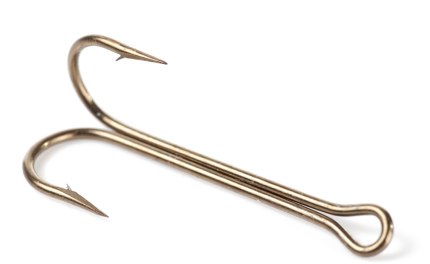Warning: Undefined variable $serie in /home/domains/treatmentandrecoverysystems.com/docs/wp-content/plugins/wp-series-manager/wp-series-manager.php on line 264
Motivation vs. Unmotivation, Part Six
It’s not uncommon for someone to arrive in treatment with an agenda that’s quite different from the one he professes– something he’s attempting to hide from view. Happens a lot with so-called ‘coerced’ clients.
Example: Bruce is in the clinic office following a third drunk driving offense in five years. He’s already signed an agreement with a DWI monitor to abstain from alcohol as a condition of probation. But Bruce makes it plain that he sees himself as forced to sign to avoid a long jail sentence. He’s angry about it and feels the Court treated him unfairly. As the interview continues, the counselor comes to believe that Bruce has no intention of living up to the agreement. He thinks his client’s plan is to keep right on drinking, concealing it from both counselor and monitor.
As it stands, this a set-up for failure. Any form of treatment requires a certain level of openness and honesty on the part of the client. Bruce won’t provide that. In fact, he’s committed to avoiding it.
Given his choice, Bruce will sneak drinks and attempt to deceive others. In view of his history with alcohol, however, he’ll probably suck at it. And get arrested again– or worse yet, cause an accident where someone gets seriously hurt.
Direct confrontation rarely works with someone who’s already angry and in denial. It just reinforces his resistance. The harder we push, the more defensive he becomes. Still, if we want to see any progress, we’ll have to figure out a way to break this apparent impasse.
The first step: Get the hidden agenda into the open.
Counselor: Based on what you’ve told me, I imagine in your shoes I’d be pretty unhappy about having to be here.
Bruce: I’m not pleased. (hastily) I’m not angry. Just don’t see the need.
Counselor: Might be difficult for you to avoid the temptation to have a drink from to time. Since you don’t feel that’s actually a problem.
Bruce: I stick to my promises.
Counselor (nods): It’s just that I’ve seen people in similar situations struggle with staying sober. I can understand that, if somebody really doesn’t see the need to be here…
Bruce: I can handle it. It’s just that I expect this whole treatment thing to be a waste of time. No offense intended.
Counselor: None taken. You know what you’re talking about– this is second treatment, after all.
Bruce: That’s right. I went through a program one year ago.
Counselor: Did you slip at all during that experience?
Bruce (slowly): Maybe a couple times. But I pulled myself out of it.
There’s the crack in the armor: Bruce acknowledges there might be something to the counselor’s concern. Perhaps because he suspects the counselor will find out anyway about those two suspensions during the last episode, possibly related to those little ‘slips’.
It’s a baby step towards openness. But something to build on.
[serialposts]
These are posts belonging to the same serie:













Trackbacks/Pingbacks